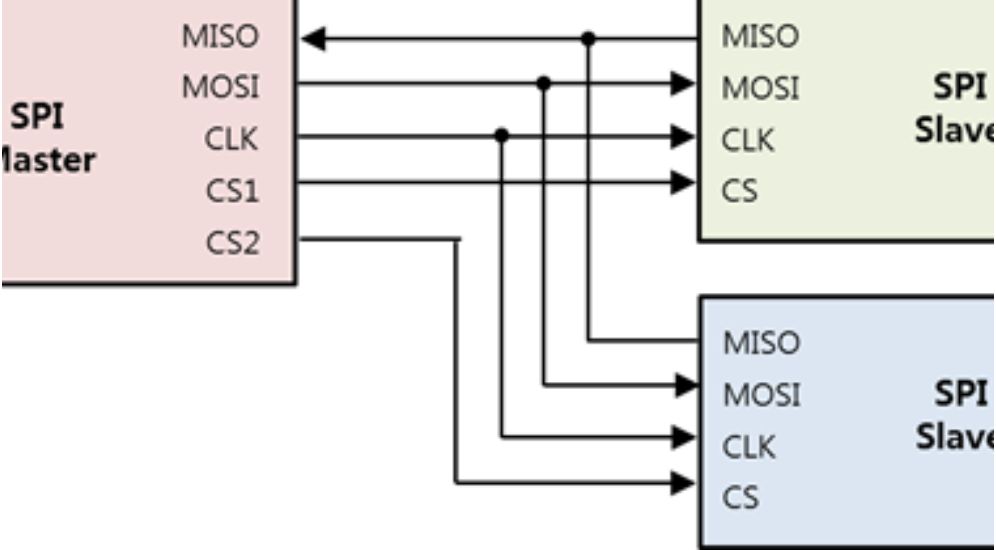What are the differences between Singaporean MPI and SPI?
A thorough knowledge of the regulatory framework of Singapore should be a prerequisite in navigating its dynamic fintech environment. The most significant component of this framework is the Payment Services Act (PSA), which outlines two major licenses payment services providers may have, the Standard Payment Institution (SPI) and the Major Payment Institution (MPI).
Although the two licenses allow the delivery of a variety of payment services, the major differences are their magnitude, regulatory requirements, and capital requirements. Getting the right license is not only a compliance issue but also a very important strategic choice that will define your business model and growth path.
Here is a detailed, side-by-side comparison of the Singaporean MPI and SPI licenses.
1. Scope and Transactional Thresholds: The Defining Difference
This is the most fundamental distinction between the two licenses. The SPI license is designed for businesses with a limited or smaller-scale operation, while the MPI license is for larger-scale, higher-volume providers.
-
Standard Payment Institution (SPI) License:
-
-
- An SPI is subject to strict transaction volume thresholds. A business must apply for an SPI license if its activities fall below these limits.
- Monetary Limits:
- Monthly transaction volume for any single payment service (excluding e-money issuance and money-changing) must not exceed S$3 million.
- Monthly transaction volume for two or more payment services must not exceed S$6 million.
- The average daily e-money float (outstanding e-money) must not exceed S$5 million.
- Once a business surpasses any of these thresholds, it is legally obligated to apply for a license variation to become an MPI.
-
-
Major Payment Institution (MPI) License:
-
- An MPI license is for any business whose operations are expected to exceed the SPI thresholds.
- No Transactional Limits: The primary advantage of an MPI license is that it allows the licensee to conduct payment services without any specific transactional volume or e-money float limits. This provides the operational freedom and scalability required for ambitious fintechs.
Learn more about our comprehensive license application services
2. Capital and Security Requirements
The disparity in operational scale is reflected directly in the financial requirements imposed by the Monetary Authority of Singapore (MAS).
-
Standard Payment Institution (SPI) License:
-
-
- Minimum Base Capital: S$100,000.
- Safeguarding Requirements: SPIs are still required to safeguard customer funds, but they are not typically subject to the same stringent security deposit requirements as MPIs.
-
-
Major Payment Institution (MPI) License:
-
- Minimum Base Capital: S$250,000.
- Security Deposit: An MPI licensee must provide a security deposit with the MAS or a bank guarantee before commencing business. The amount of this deposit varies based on the transaction value:
- S$100,000 for transaction values up to S$6 million.
- S$200,000 for transaction values exceeding S$6 million.
- MPIs also face more rigorous ongoing capital adequacy requirements to ensure financial stability.
3. Regulatory Obligations and Supervision
MAS imposes a tiered regulatory approach based on the risk and systemic impact of the institution. As a result, MPIs are subject to a more comprehensive and intensive regulatory regime.
-
Standard Payment Institution (SPI) License:
-
-
- Regulatory Focus: MAS views SPIs as lower-risk entities. Supervision is less intensive, and the regulatory burden is generally lighter, which is designed to encourage innovation and growth for smaller businesses and startups.
- Compliance: SPIs must still adhere to robust Anti-Money Laundering (AML) and Counter-Terrorist Financing (CTF) policies, as well as technology risk management and data protection standards.
-
-
Major Payment Institution (MPI) License:
-
- Regulatory Focus: Due to their larger scale, MPIs are deemed to pose a greater risk to financial stability. They are subject to a higher level of supervisory scrutiny.
- Enhanced Compliance: MPIs are required to have more comprehensive and dedicated compliance resources. This includes more detailed AML/CFT systems, more frequent audits, and more stringent customer fund safeguarding measures (e.g., placing customer funds in a trust account or obtaining a bank guarantee).
4. Strategic Considerations: Choosing the Right Path
The decision between an SPI and MPI license should be based on a clear, data-driven business forecast.
-
Choose an SPI if:
-
-
- Your business is a startup or small-to-medium enterprise.
- You are entering the Singaporean market to test a business model with limited initial transaction volume.
- Your business’s core operations are not centered on high-volume payment services (e.g., an e-commerce platform that offers a simple payment gateway as a secondary service).
-
-
Choose an MPI if:
-
- You have an established business with a proven model and a high-volume client base.
- Your business’s primary purpose is a high-volume payment service (e.g., a digital bank, a major crypto exchange, or a large-scale remittance provider).
- Your business plan projects exceeding the SPI thresholds within 12-18 months of launch. Proactively applying for an MPI from the start can save significant time, effort, and costs associated with a license variation.
In summary, the SPI license serves as an excellent entry point for new market entrants, while the MPI license is the destination for high-growth businesses and established players. The distinction between the two is a key part of MAS’s strategic effort to create a tiered, risk-based regulatory environment that fosters innovation while maintaining financial stability.



